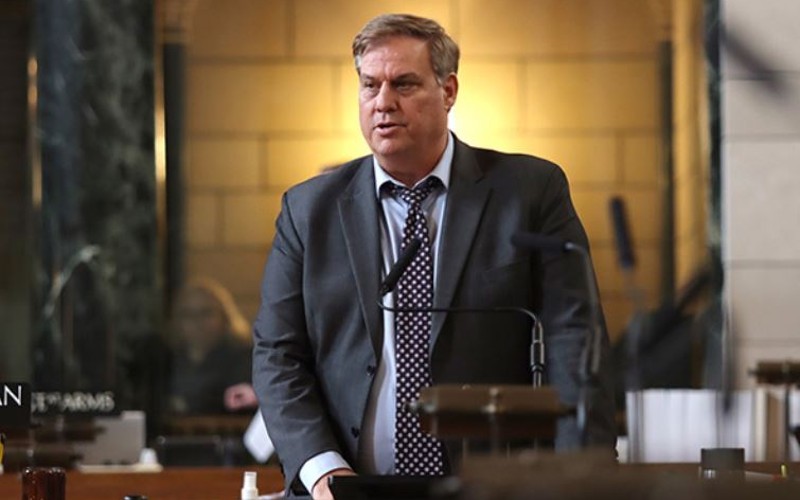Early last week, a federal judge sided with the conservative group Voter Reference Foundation in ruling that New Mexico election officials stood in violation of public disclosure provisions of the National Voter Registration Act. The officials had refused to make voter rolls available to VRF, whose sole aim to was publish the rolls online for public viewing.
A similar case involving election officials in Maine is making its way through the courts.
An appeals court win in Maine case
The First U.S. Circuit Court of Appeals in early February ruled in favor of the Public Legal Interest Foundation when it confirmed that Maine's voter roll is a public record. In their explanation, the court justices wrote:
"Whether voter registration rolls are accurate and current cannot be determined without inspecting the Voter File …. In other words, the evaluation of voter registration rolls would be impossible if the results of Maine's voter list registration and maintenance activities were not subject to public disclosure. For the above reasons, Maine's Voter File is a record concerning the implementation of programs and activities conducted for the purpose of ensuring the accuracy and currency of official lists of eligible voters and is thus subject to disclosure under Section 8."
PILF had first requested a copy of Maine's statewide voter file and voting histories in October 2019. That request was denied as the secretary of state cited state law in saying access was limited to preferred entities such as political parties. PILF filed the lawsuit in February 2020.
The Republican National Committee last month filed a lawsuit demanding that Michigan Sec. of State Jocelyn Benson take steps to purge voter rolls of what it describes as impossibly high numbers of registered voters. The lawsuit claims that 53 of Michigan's 83 counties have more registered voters than residents over the legal voting age of 18.
Jenny Beth Martin, co-founder of Tea Party Patriots, said on Washington Watch Thursday that voter rolls have become "one of the major battlegrounds" in the heightened awareness of how elections operate.
She told show host Jody Hice the effort by Voter Reference Foundation "is an excellent tool for all of us as citizens."

"You have to have a clean roll of voters going into the elections, so you know who is eligible to vote in which precincts," Martin argued. "Many people are eligible to vote. You've just got to make sure they're voting in the right locations. New Mexico officials were not going to let [VRF] post them online. That's a win."
Martin believes cases like those in New Mexico and Maine will continue to grind through the courts until the Supreme Court weighs in one day. "If that happens, I hope we get a nationwide ruling that we can see these voter files," she said.
Michigan weak on signature matches
The Michigan case is different, Martin explained.
"They were looking to match the signature on the absentee ballot to the signature on file that the election offices needed to presume that the signatures matched. That is in violation of the law. The law doesn't say 'presume' or 'assume' that the signature matches – it says 'match' the signatures. There's a huge difference in that," she said.
Improper handling of the signature match was a problem in Georgia and in other states in 2020, Martin said.
"I'm really glad to see that the Republican National Committee is pro-actively filing this suit because of what happened in the presidential primaries," she shared. "And hopefully they can get it straightened out before the general elections so we can avoid the kinds of issues that created doubt and uncertainty in the 2020 elections."







